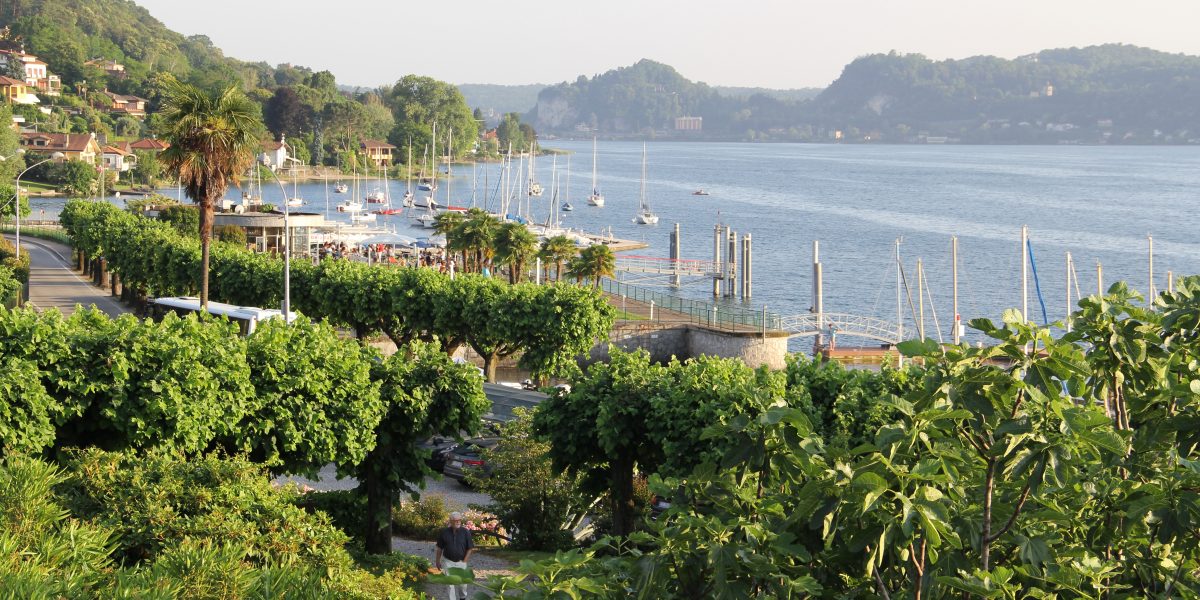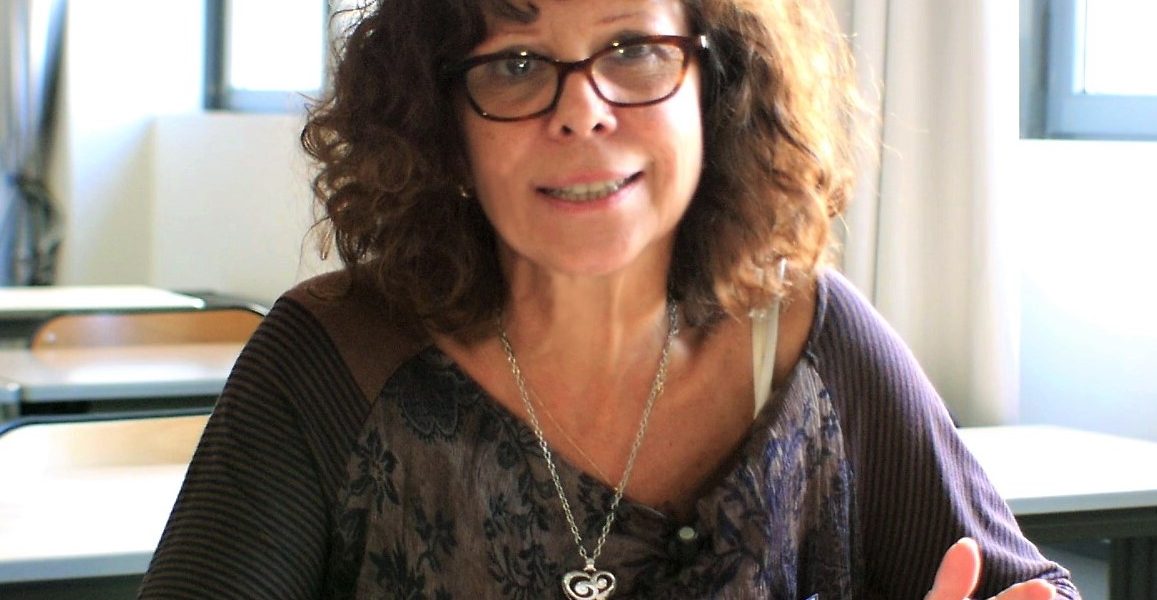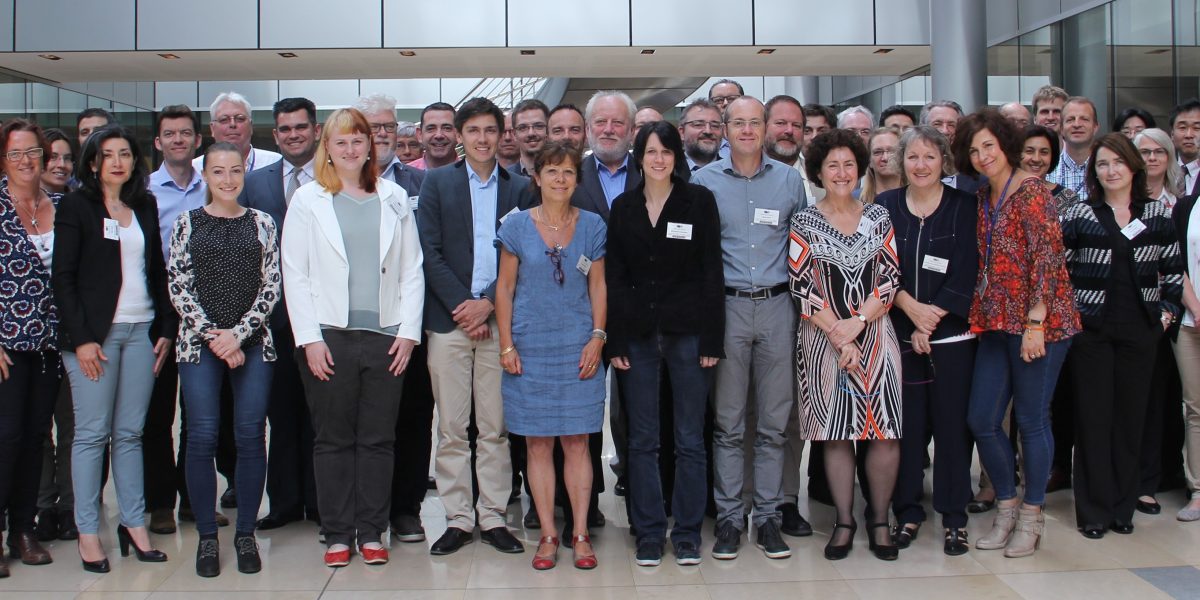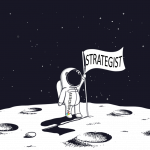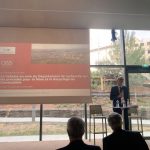Carine
One year of INSIDER: achievements
As part of the INSIDER work package 4 – Reference materials and radiochemistry, a comprehensive review of radiochemical measurement techniques in relation to nuclear decommissioning was undertaken. The work was led by KIT (Karlsruhe Institute of Technology), who prepared a survey of 18 questions that were sent out to labs around Europe to gain feedback on radiochemical methods including materials
INSIDER Second Project Meeting
The second INSIDER project meeting took place in Ispra (Italy) from 5 to 7 June. After nearly one year, it was a great opportunity for partners to meet and share the first results of the research carried out on improving nuclear waste minimisation and characterisation. “It is important to maintain the effort and the involvement,” encouraged Danièle Roudil, coordinator of
Second INSIDER Consortium Meeting – Save the date!
Save the date! The second Consortium Meeting of the INSIDER project will take place in Ispra (Italy), from the 5th to the 7th of June 2018. Nearly one year after the launch of the project, this event is a great opportunity for participants to present the progress of their work and exchange on their findings and methodologies, as well as to plan future actions. This event will be
“INSIDER will open real opportunities in Europe”
Coordinator of the INSIDER project, Danièle Roudil is also the President of the Commission for the Establishment of Analytical Methods (CETAMA), at the French Alternative Energies and Atomic Energy Commission (CEA), in Marcoule (Gard, France). Is this your first time coordinating a European scientific research programme? Yes. I have been involved in several different projects as a Work Package
INSIDER : « une formidable ouverture sur l’Europe »
Coordinatrice du projet INSIDER, Danièle Roudil est aussi Présidente de la Commission d’Etablissement des Méthodes d’Analyse (CETAMA) au Commissariat à l’Energie Atomique et aux Energies alternatives (CEA), à Marcoule (Gard, France). Est-ce votre premier projet européen de recherche scientifique en tant que coordinatrice ? Oui, j’ai participé à quelques projets en tant que Work Package (WP) leader ou comme contributrice,
INSIDER project officially kicks off
Launched on 8 June 2017, INSIDER is a new Horizon 2020 project funded by the European Commission. It represents a major challenge in optimising radioactive waste identification during nuclear decommissioning and dismantling operations (D&D), in particular concerning nuclear power plants, post-accidental sites or nuclear facilities. Today, about 60% of the decommissioning expenditure is attributable to waste management, even though only 3% of


